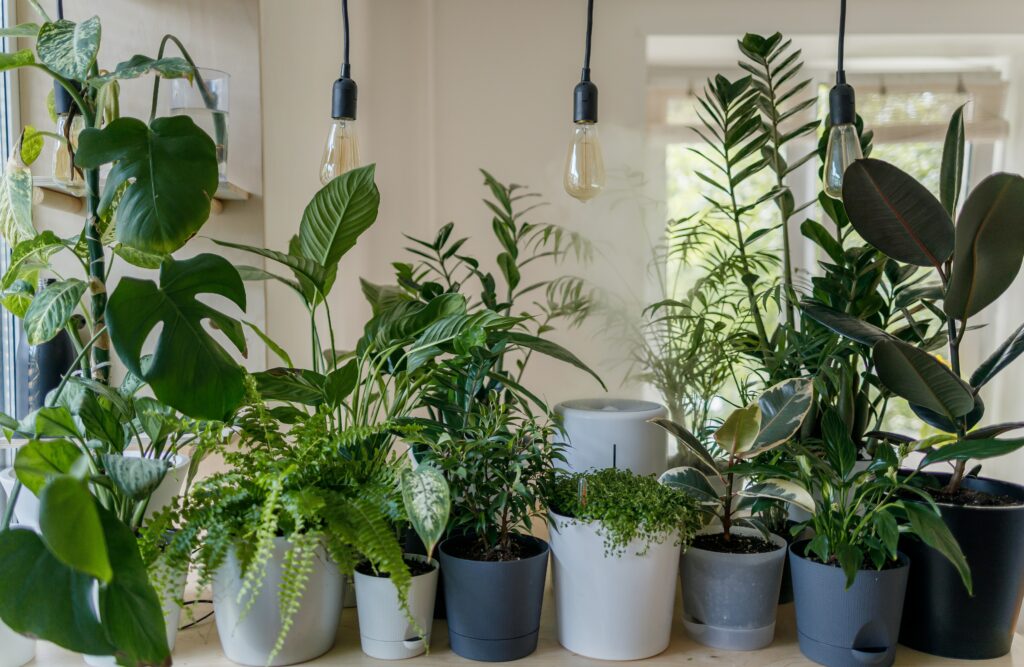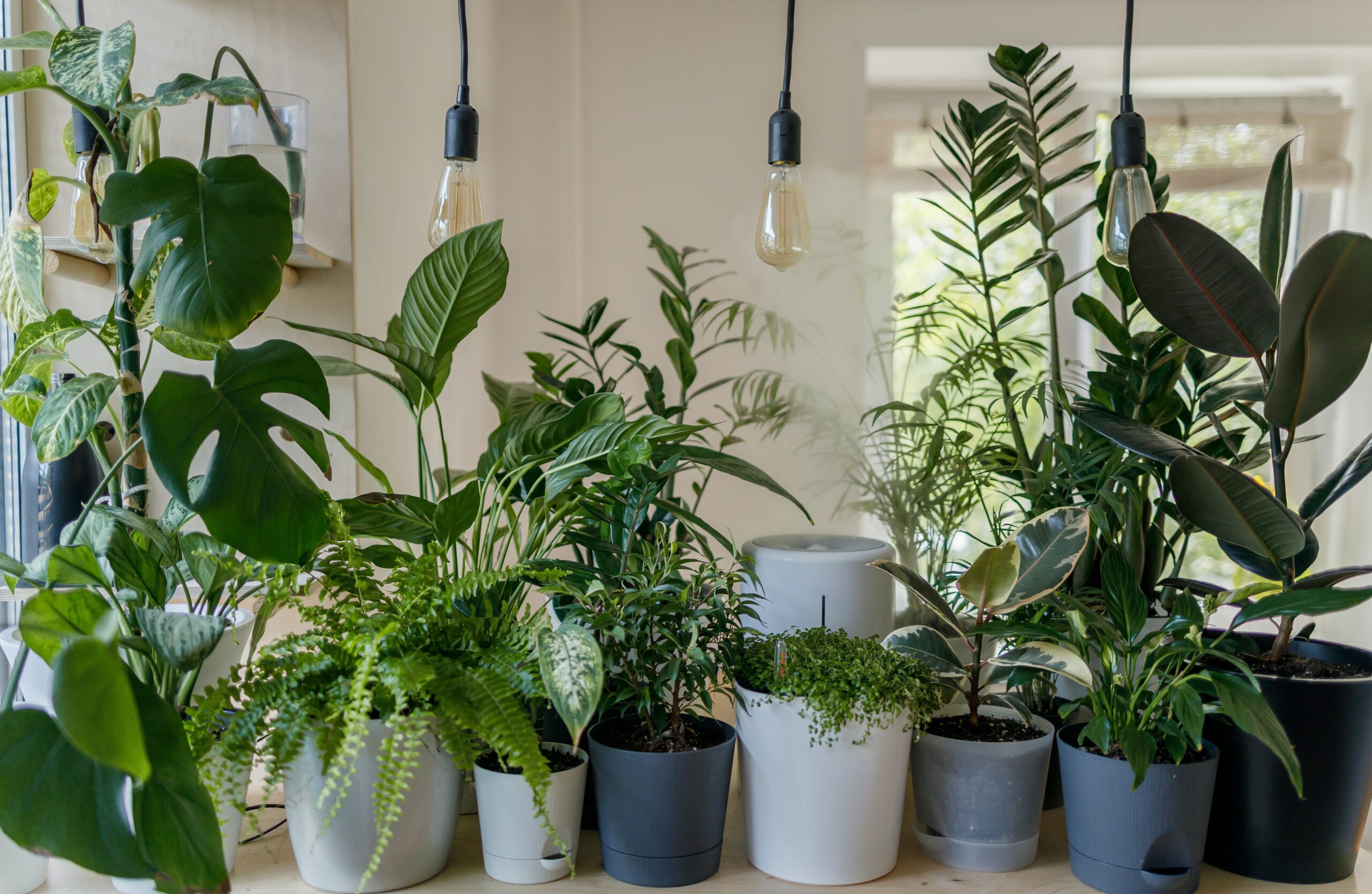Did you know the air you breathe can have a significant impact on your health? It’s true! The quality of air in our workspaces and homes can affect our respiratory system and even lead to serious health problems if it’s not improved. Fortunately, there are many ways to enhance air quality, and most of them are simple changes that we can make every day.
What is Air Quality?
Air quality is the measure used to determine how clean or polluted the air is. The air we breathe can contain pollutants like dust, smoke, and chemical vapours, which can have a negative impact on our health. The air outdoors is generally healthier than the air indoors, which can be more polluted due to factors like pet dander, cooking odours, humidity levels, and cleaning products.
Why Improve Quality of Air?
The air we breathe has a direct impact on our health. As our communities grow more extensive and more people live in cities or other crowded places where pollutants are higher, the negative impact on our health can be even more significant. Children, older adults, pregnant women, and people with pre-existing health conditions like lung diseases or heart disease are particularly vulnerable to air pollution.
Ways to Improve the Air Indoors
There are lots of ways to improve indoor air quality. Some of the simplest and most effective methods are:
Clean Regularly
Dust and other particles can accumulate in the environment over time, and when they’re not cleaned away, they can aggravate respiratory problems. Regularly hoovering and dusting can help reduce the number of allergens in the air.
Another way to reduce allergens in the atmosphere is to wash soft furnishings on a regular basis. Dust mites, which are common allergens, thrive in dirty environments, so keeping your home clean can help get rid of them.
Go Green
Air quality can be vastly improved by growing indoor plants. Not only do they add a touch of greenery to your surroundings, but they also help to purify the air. Many different indoor plants are suitable for home and workplace environments. Try using air-purifying plants like Spider-plants, Prayer-plants and Dracaena in your home or workplace to reduce air pollutants and increase air quality.

Let in the Fresh Air
Most of us spend the majority of our days indoors, either at home, work or school. Unfortunately, this means that the air we breathe is not of particularly good quality for many. Opening a window to let in fresh air is a simple way to improve air quality and fight against airborne illnesses.
Properly Maintain Ventilation Systems
Ventilation systems can be an essential tool to regulate air quality and keep occupants healthy. This can be especially true in settings that look after vulnerable clients, such as hospitals and care homes. Regular duct cleaning can improve air quality by removing contaminants and dust from the ventilation system. Depending on their usage and environment, it’s a good idea to have your ducts cleaned every year or two. Duct cleaning can be a crucial part of air quality maintenance, and it’s well worth the investment.
Invest in an Air Purifier
If you’re looking for a more permanent solution to improving air quality, then investing in an air purifier may be the right solution for you. Air purifiers come in a variety of sizes and styles, so there’s sure to be one that fits your needs. Air purifiers remove contaminants from an indoor atmosphere, such as smoke, dust, pollen and pet dander.
Monitor Humidity Levels
A straightforward way to improve air quality is monitoring and adjusting the humidity levels in your home or workspace. High humidity can cause mould and mildew to grow, leading to respiratory problems. Conversely, low humidity can cause dry air, which can aggravate respiratory problems and lead to dry and chapped skin. A humidifier helps introduce extra moisture into the air, while a dehumidifier can help remove any excess.
Avoid Using Harsh Cleaning Products.
Many cleaning products contain chemicals that can be harmful if inhaled. Not only are these products dangerous to breathe in, but they can also leave behind toxic residue. Try using natural or eco-friendly solutions instead. These products are often just as effective as traditional cleaners without harmful side effects.
…And, Breathe
Poor air quality can significantly impact our health, both in the short and long term. However, there are many ways to improve the air around us; from making small changes like opening your windows for a regular blast of fresh air to investing in devices like air purifiers, and ensuring you professionally clean your air ducts. By adjusting your lifestyle and environment, you can breathe easier and keep yourself healthy.
If you would like to share your tips or discuss ways to improve air quality, both indoors and outdoors, please contact me!




